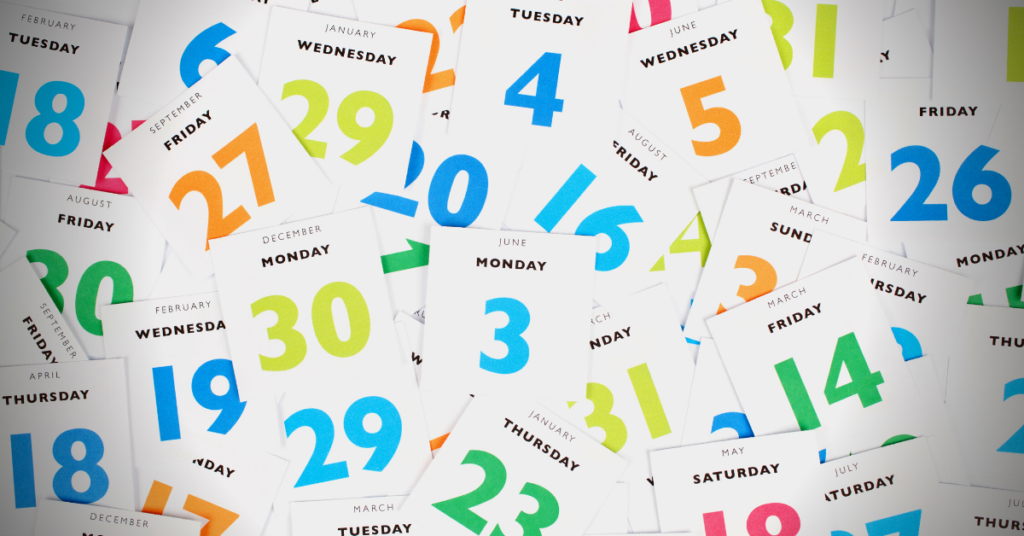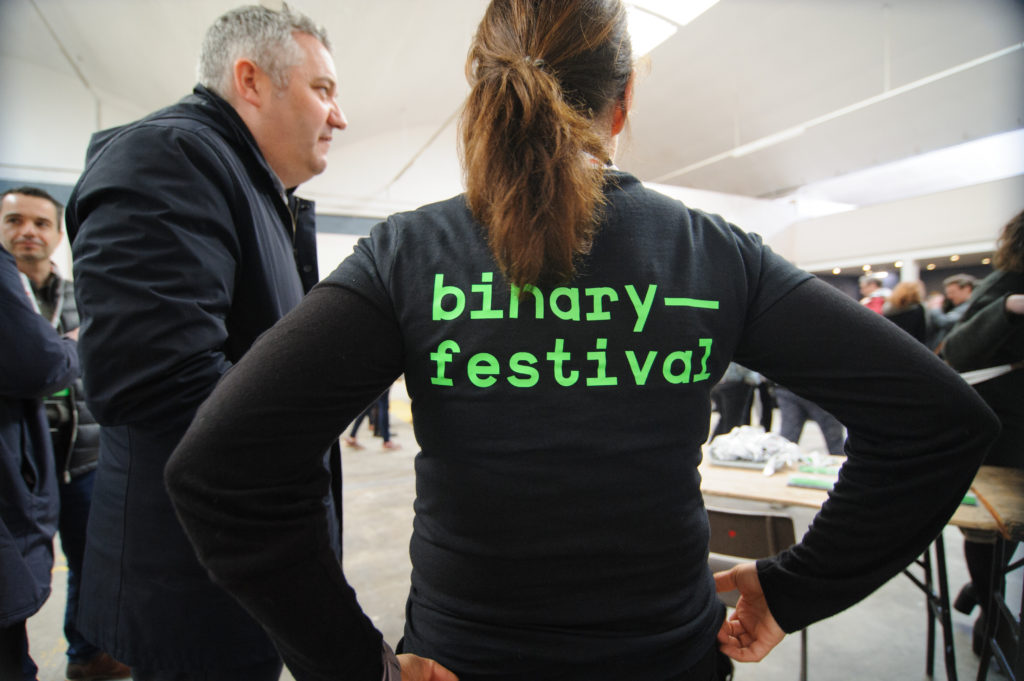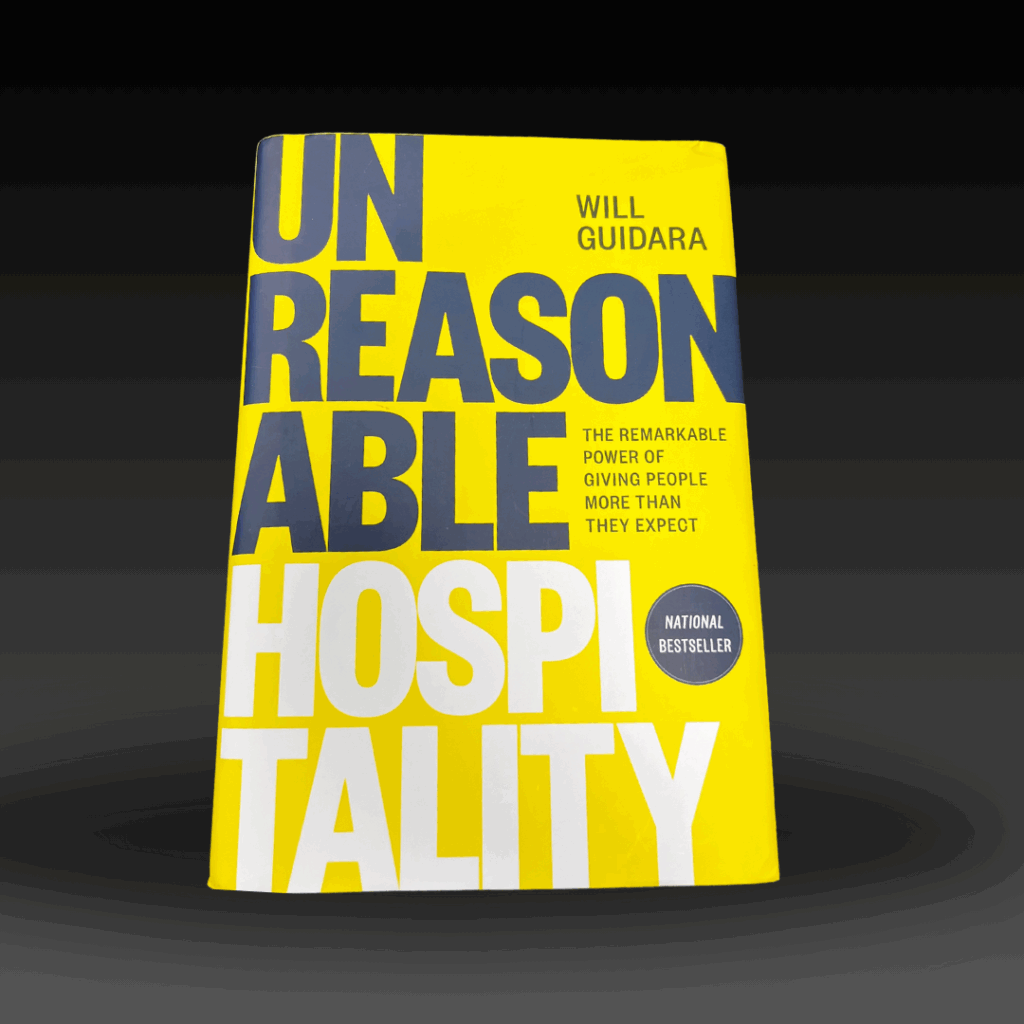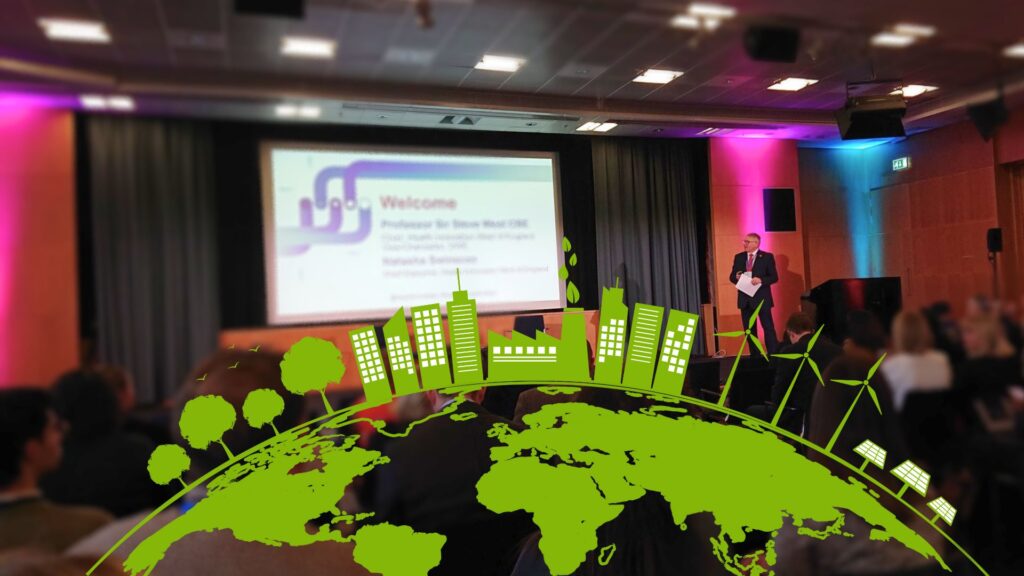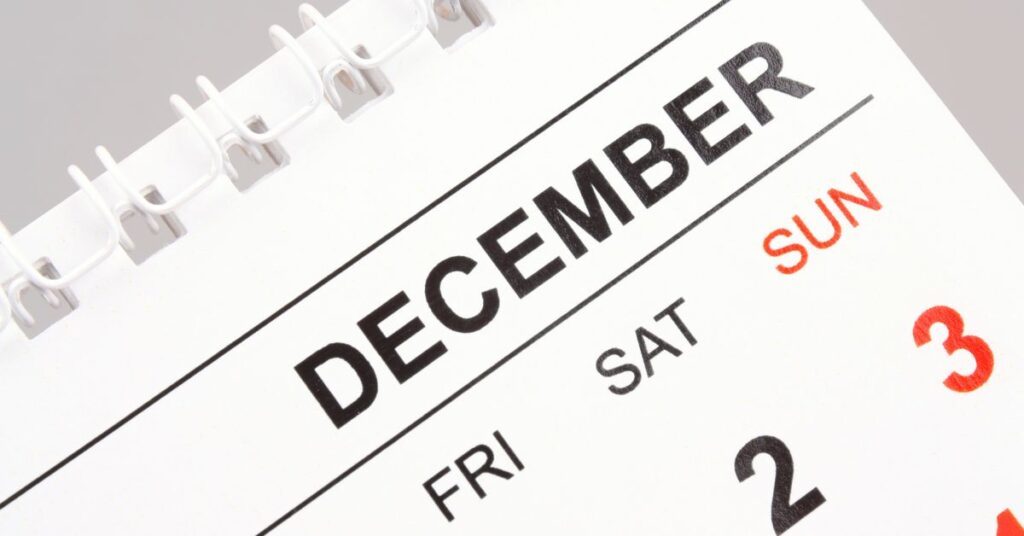This is a question we often get asked, and of course it’s not as easy as saying “Tuesdays in March”. Is it even possible to identify the best time of year and best day to host an event?
Well, it depends on your audience and it depends on what else is going on in your industry – or the industry of the people you are trying to gather. Let’s dig into the detail…
What is the best month to host an event?
Let’s look at the UK and start at the beginning of the year. A good time of year is January-March.
April is a pretty messy month as spring break or Easter Holidays vary wildly across the country and often you can find speakers or potential attendees are away across a 3 week period. Best to avoid.
May until the beginning of July works really well, especially with the weather being better at this time of year.
August is pretty much a write off if you’re thinking of business events. (Great for festivals though!)
September is an in-between month, you still need time to market your event after everyone is back from holiday, so it’s better to host events towards the end of September. A benefit of September is there is a lot of new season/new year energy around.
October and November are great months but avoid half term – people in the UK are still catching up for lost time with travel.
December, is interesting, as traditionally we want to gather, meet and socialise at this time of year, but it can get very busy; very quickly and you’re more likely to have drop out as people enthusiastically overcommit.
In summary: January, February, March, May, June, October, November are the best months to host an event.
July and September – take some care around planning
August and December – avoid (unless it’s a festival or Christmas social event that EVERYONE wants to be at!)

What is the best day to host an event?
This has got a little bit trickier since hybrid working is a consideration.
Tuesday, Wednesday and Thursday are the busier “in office” days. So it would make sense to pick one of those days. If it’s an evening event a Thursday may have more of a Friday night / end of the week feel so would be quite celebratory, but also you have to offset that with people may not be working Friday and wanting to make an early dart for the weekend. It’s a balance!
Action: Find out which day your attendees are in the office and not WFH
Global Events and other industry events impact your event day choice.
This is quite a big consideration for your attendees, for example if there’s a World Cup Football match everyone wants to watch or SxSW is drawing your potential attendees away. You can check the specially observed dates here and UK events here
Action: Check your industry specific events and make sure you’re not clashing with them
One of the best checkers is to ask yourself: would I want to attend a breakfast meeting on Monday morning at 8am? If this event is the first day back after the holidays, am I going to want to go? If your answer is no, then why would your audience be any different? Put yourself in their shoes, walk around a bit and see if the time and day work. Consider the value your event is offering your potential attendees. Think about how to make the value of the event central. It will increase the success of your event.
Consider your audience, their working, travel and social patterns, tailor your events around them to increase the likelihood of them attending.
Happy planning!

